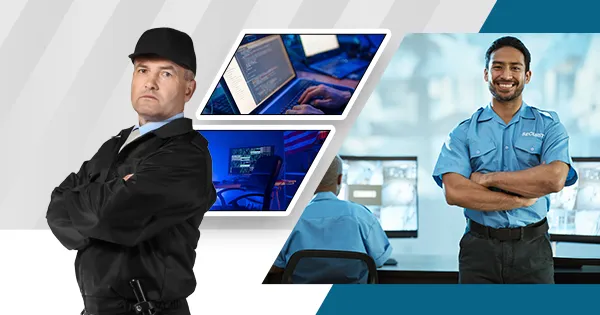Security guards play a far more complex role in the workplace than simply standing at entrances or monitoring surveillance systems. Their presence contributes to the overall safety, integrity, and efficiency of an organisation’s operations. As modern workplaces evolve, so do the responsibilities and expectations of security personnel.
Proactive Risk Mitigation
Modern security guards are trained to identify and neutralise risks before they escalate. They monitor access points, inspect packages, and assess visitor credentials to maintain a secure environment. Their proactive approach helps prevent incidents such as theft, unauthorised access, or workplace violence.
Coordination During Emergencies
In emergencies like fires, natural disasters, or medical incidents, security personnel are often the first to respond. Their training equips them to guide evacuations, assist emergency services, and execute contingency plans, thereby reducing panic and potential harm.
Reinforcing Company Policies
Security teams also help enforce internal policies, such as ID badge compliance, restricted area access, and visitor sign-ins. These measures are essential for ensuring organisational accountability and traceability within the workplace.
Collaboration with Facility Management
Workplace safety is not achieved in isolation. Security guards work alongside other departments like office cleaning services and building maintenance to ensure the entire facility remains safe, hygienic, and fully operational. Their observations can inform maintenance priorities and cleaning schedules based on traffic patterns and observed risks.
Supporting a Safe and Professional Environment
By maintaining a visible presence, security guards help foster a professional environment. This not only reassures employees and visitors but also deters inappropriate behaviour and enhances the workplace atmosphere. Partnering with a professional security service ensures that guards are trained, vetted, and equipped to handle diverse workplace dynamics.
Conclusion
Security guards are an integral part of workplace infrastructure, far beyond their traditional image. From risk prevention to emergency response, policy enforcement to collaboration with other facility teams, they form a critical layer of defence. Investing in professional, well-integrated security solutions is essential for any business that prioritises safety and operational continuity.


